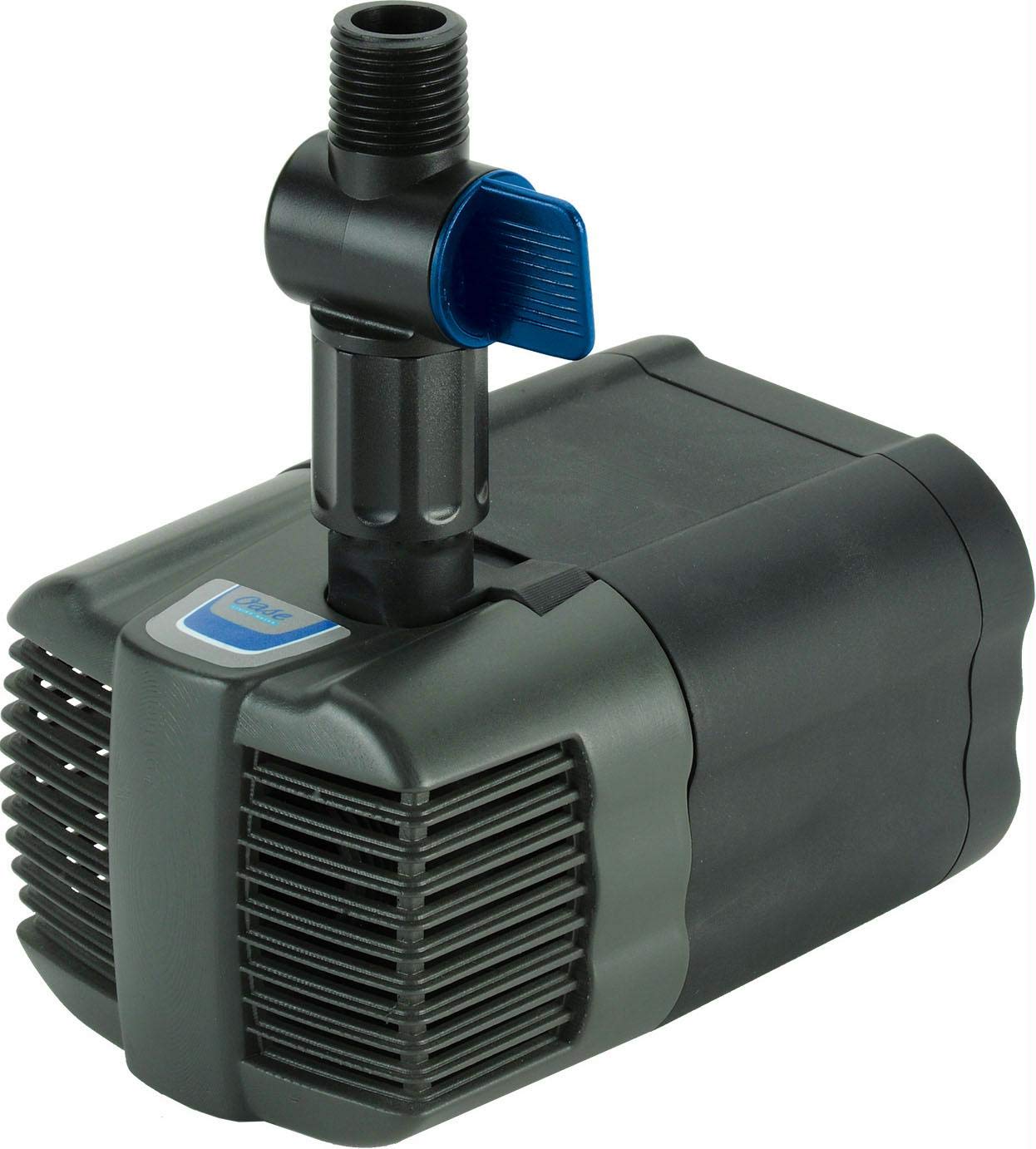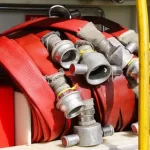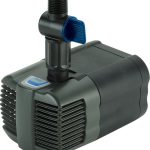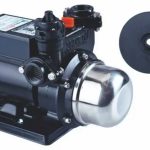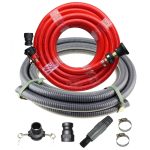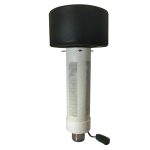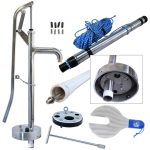Introduction
A pond or fountain is not just water in your yard. It is a living part of your space. The gentle splash of water, the sparkle of sunlight, and the joy of watching fish swimming bring peace to any home or garden. But behind this beauty, one thing works day and night. That is your pond pump.
The pump is like the heart of the pond. It pushes water, keeps it moving, and brings in fresh air. It helps fish breathe, keeps water clear, and stops algae from spreading too much. Without a pump, water turns still and dirty fast.
But here is the truth: no pump lasts forever. Pumps age, wear down, and stop working as they should. Knowing the signs early saves you from sudden failure. It also saves your fish, plants, and the beauty of your pond.
Let’s walk through the clear signs that tell you it’s time to replace your pond or fountain pump.
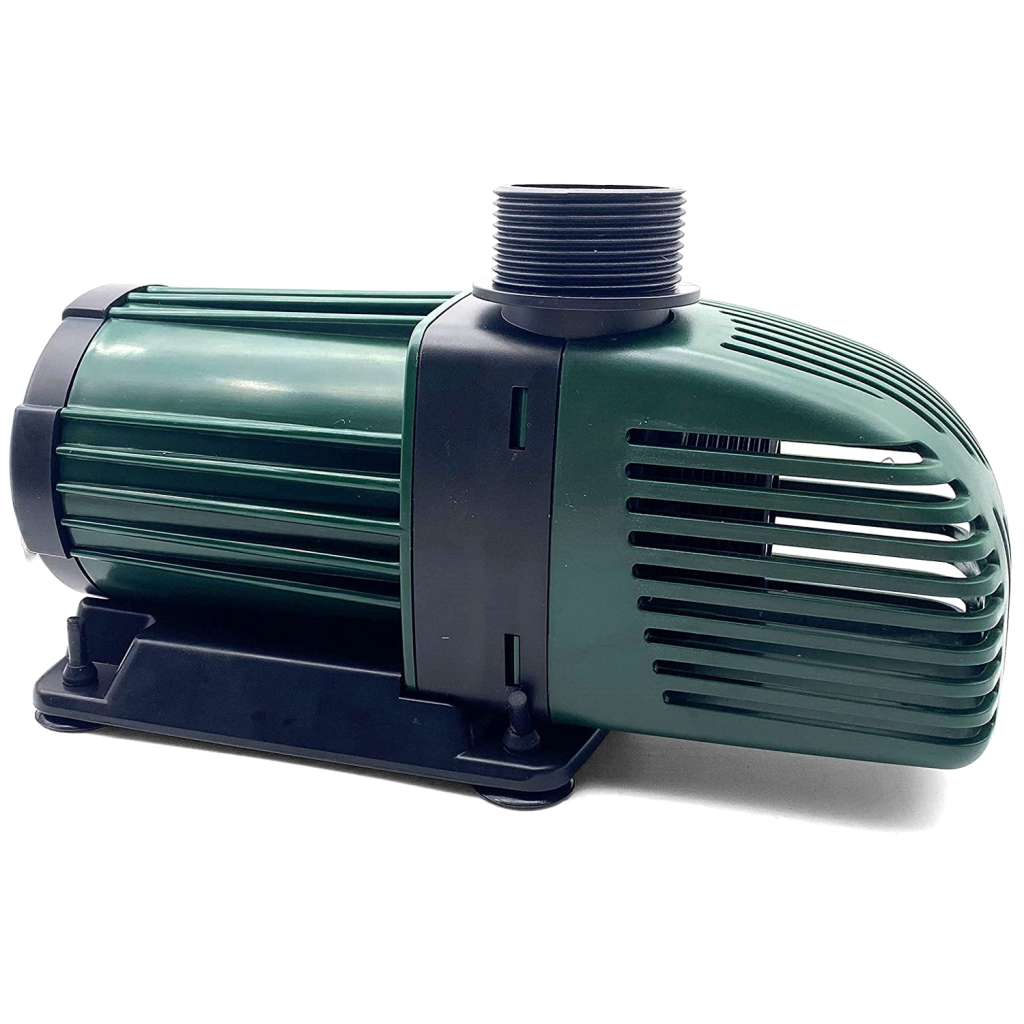
Strange Noises from the Pump
A healthy pump makes a soft hum. You may hardly notice it most days. But when something is wrong, the sound changes. You might hear grinding, rattling, or buzzing louder than normal.
- Grinding sounds often mean worn bearings inside the pump.
- Rattling sounds may point to a loose or broken impeller.
- Buzzing or humming loudly means the motor is struggling.
These noises do not just disturb your peace. They are warning signs that parts inside the pump are failing. Ignoring them can lead to total breakdown.
Weak or No Water Flow
The most obvious sign is poor water flow. Look at your fountain. If the spray is not as high as before, or if water is barely moving, your pump may be weak.
Still water is a danger sign for ponds. It means less oxygen for fish and more chance for algae to grow.
Sometimes, low flow can be from simple blockages like leaves or dirt. Cleaning the filter may help. But if cleaning does not fix it, the motor may be wearing out. Weak flow is often the pump telling you it is near the end of its life.
Overheating and Shut Downs
Another big sign is heat. Pumps should not feel very hot. If the pump feels burning hot to the touch or shuts off by itself, that is overheating.
Pumps overheat when the motor works too hard or when water cannot pass through properly. Old pumps also lose cooling power over time.
If you notice frequent shut downs or a hot pump body, do not ignore it. Overheating can damage the motor fully and even be unsafe in some cases.
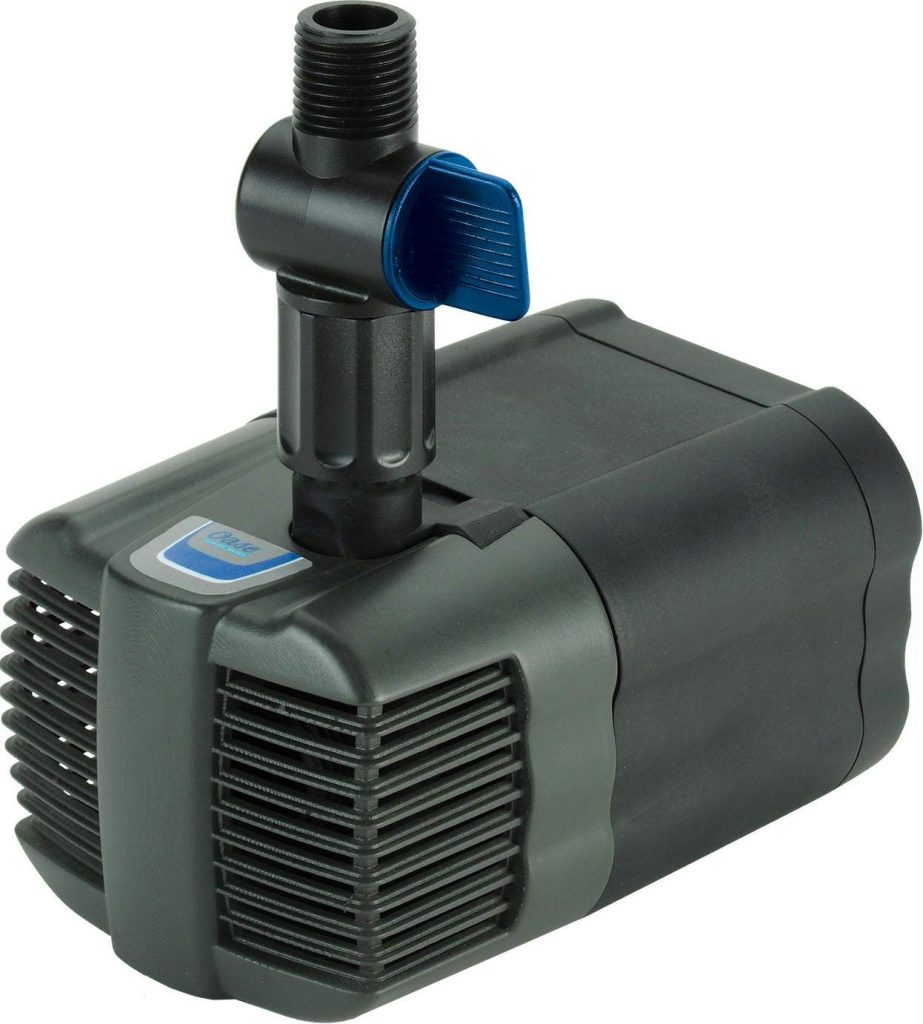
Leaks and Cracks in the Pump
Your pump sits in water every day. Over time, its body and seals wear down. Cracks, leaks, or corroded parts reduce its strength.
- Leaks waste water.
- Cracks let water get into the motor.
- Rust or corrosion weaken the housing.
If you see water leaking around the pump, or visible damage on its body, replacement is often the best option. Repairs may work for a short time, but the problem often comes back.
Pump Runs but No Water Moves
Sometimes the pump motor turns on, but no water comes out. You hear it running, but nothing moves. This can mean the impeller is broken or blocked. The impeller is the part that pushes water.
If the impeller is damaged, the pump cannot do its job even if the motor spins. A few times, cleaning may help. But if the impeller or motor is worn out, it is usually better to replace the whole pump.
High Power Bills from the Pump
Have you seen your power bill rise even though nothing has changed at home? An old or weak pump could be the reason.
As pumps age, they lose efficiency. They need more power to move the same amount of water. This means more cost for less performance.
Modern pumps are built to be energy-saving. Replacing an old pump with a new efficient one not only saves money but also helps the environment.
Too Many Clogs and Fixes
Cleaning a pump is normal. But if you find yourself unclogging the pump every few days, that is not right. A pump that clogs too often may have a weak impeller or a motor that no longer has strength.
Spending too much time fixing instead of enjoying your pond is a clear sign. Constant repairs often cost more in the long run than just getting a new pump.
The Age of the Pump
Every pump has a lifespan. Most pond pumps last between 5 to 10 years. The exact time depends on type, use, and care.
If your pump is older than this and starts showing problems, do not waste too much time repairing it. Age means parts inside are worn, and even if one issue is fixed, another will soon appear. Replacing it ensures peace of mind and better water care.
Why Timely Replacement Matters
Waiting too long to replace a bad pump has risks:
- Water becomes dirty and cloudy.
- Fish may not get enough oxygen and can die.
- Algae can grow fast in still water.
- The fountain or pond loses beauty.
A healthy pump keeps water moving, fresh, and alive. Replacing on time saves your pond and keeps it healthy for years.
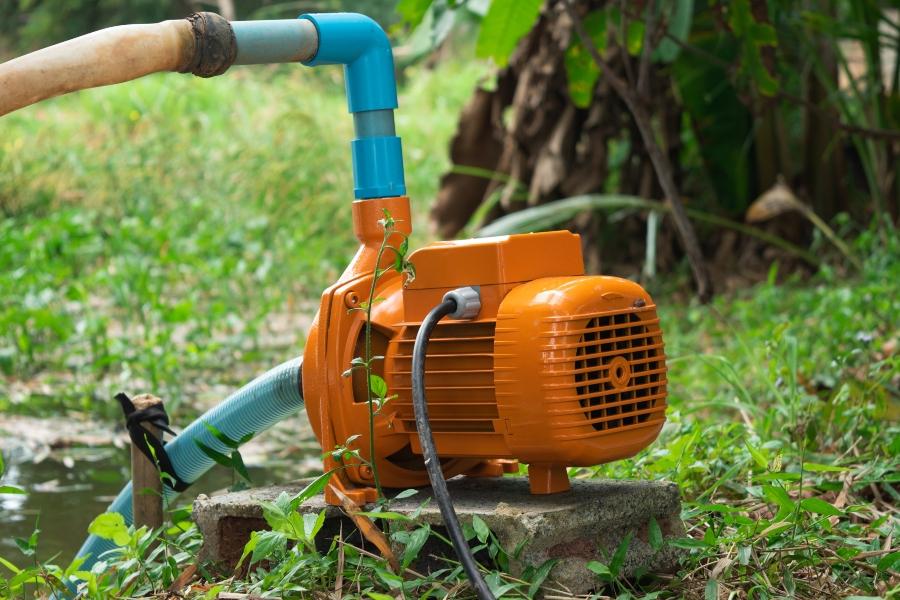
Tips for Choosing a New Pump
When it is time to replace, here are quick tips:
- Match the pump size to your pond – Too small, and it will not move enough water. Too big, and it may waste energy.
- Check flow rate – Choose a pump that can move the full volume of your pond water at least once every hour or two.
- Pick energy-efficient models – They save money over time.
- Decide between submersible or external pumps – Submersible is easy to set up, while external lasts longer for big ponds.
- Look for warranty and support – A good pump brand gives you backup if something goes wrong.
Conclusion
A pond or fountain pump is not just a machine. It is the life force that keeps water clear, moving, and safe for fish and plants. But pumps wear out, and signs of trouble show up.
Listen for strange noises. Watch for weak flow, overheating, leaks, and higher bills. Notice if it clogs too often or if it is just too old. These are clear signs your pond pump needs replacement. Replacing on time means your pond stays fresh, your fish stay healthy, and your fountain stays beautiful. A new pump is not just a tool. It is an investment in peace, beauty, and life for your pond.

